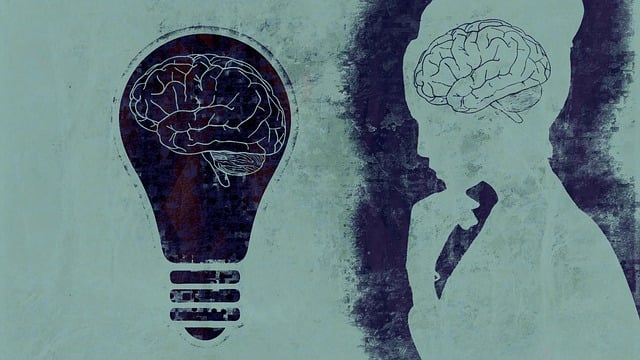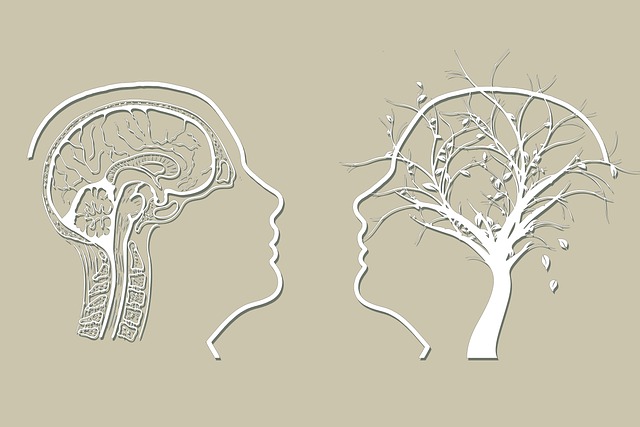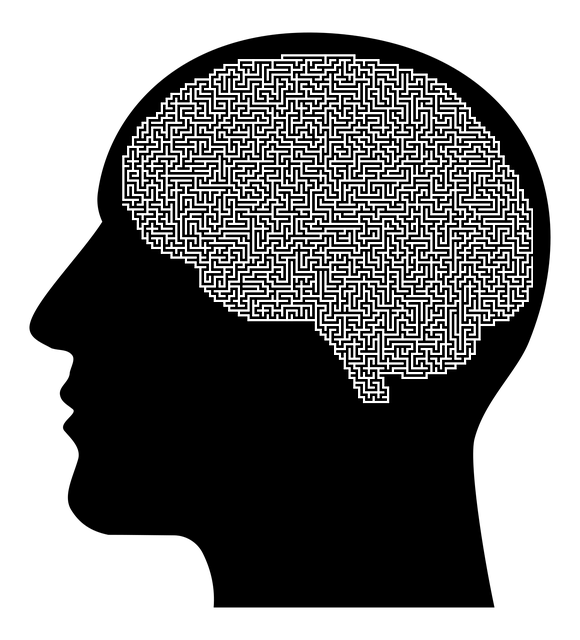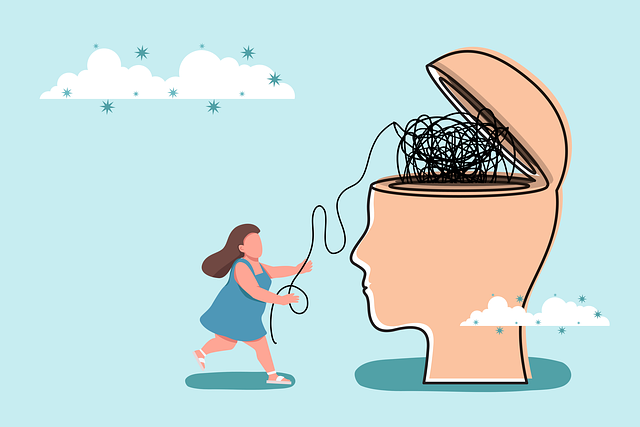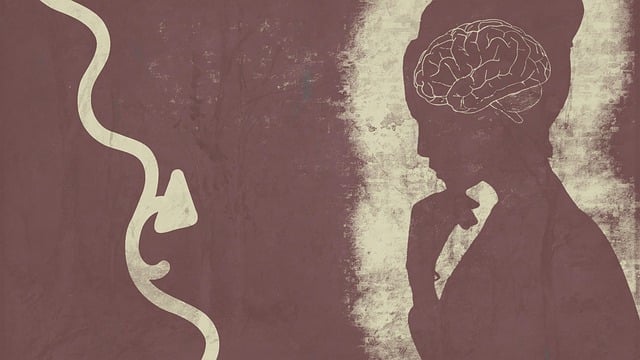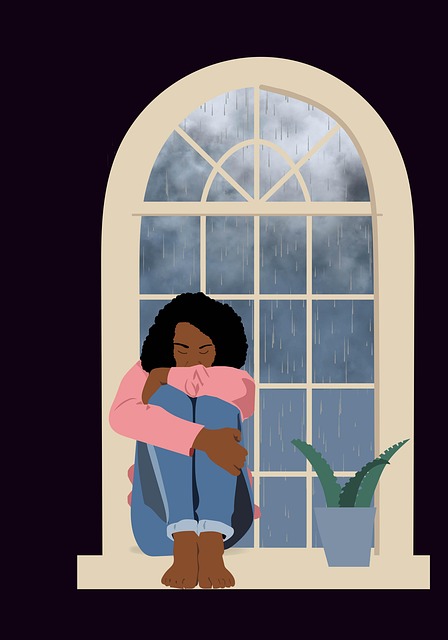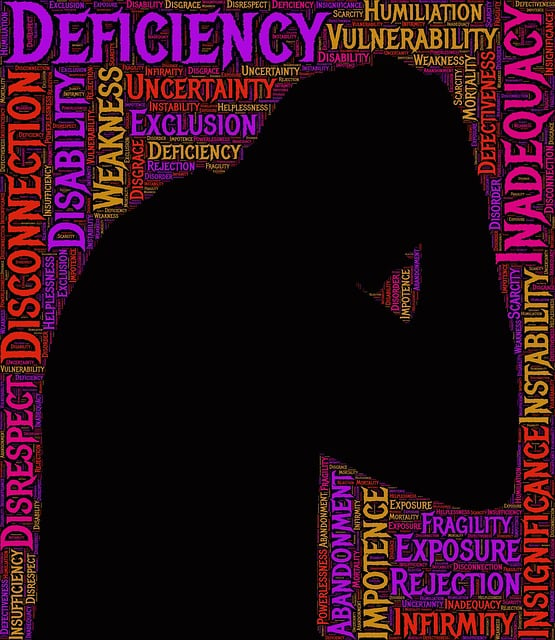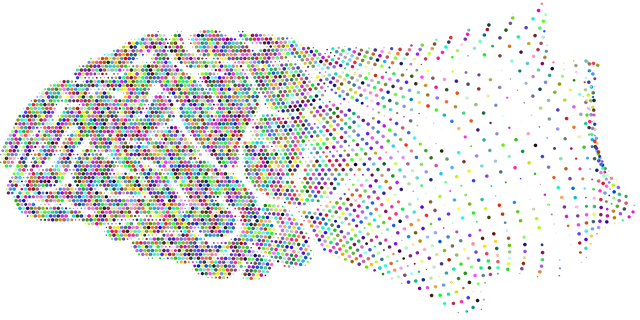Anxiety management is crucial for overall well-being, especially when persistent. Lone Tree Depression Therapy offers comprehensive solutions, combining professional guidance with lifestyle changes. Techniques like Cognitive Behavioral Therapy (CBT), mindfulness practices, and burnout prevention strategies help individuals overcome anxiety disorders. The therapy focuses on holistic health, including physical activity, sleep, diet, and mental health education, empowering clients to lead fulfilling lives.
Anxiety is a common challenge, but managing it effectively can lead to a calmer, more fulfilling life. This guide explores powerful techniques to combat anxiety, from understanding its subtle signs and symptoms to practical lifestyle changes that support mental well-being. We delve into evidence-based therapies like Cognitive Behavioral Therapy (CBT) and the benefits of mindfulness meditation. Additionally, discover Lone Tree depression therapy options for personalized support in navigating anxiety and improving your overall mental health.
- Understanding Anxiety: Recognizing the Signs and Symptoms
- Lifestyle Changes for Better Mental Health
- Cognitive Behavioral Therapy (CBT): A Powerful Tool
- Mindfulness and Meditation Techniques to Calm Your Mind
- Seeking Professional Help: Lone Tree Depression Therapy Options
Understanding Anxiety: Recognizing the Signs and Symptoms

Anxiety is a natural response to stress, but when it becomes overwhelming and persistent, it can significantly impact daily life. Recognizing the signs and symptoms is the first step towards managing anxiety effectively. Common indicators include rapid heartbeat, shortness of breath, excessive sweating, restlessness, and insomnia. Individuals may also experience a sense of dread or fear, avoidance behaviors, and difficulty concentrating. These physical and emotional manifestations can vary from person to person, making it essential to seek professional guidance, such as that offered by Lone Tree Depression Therapy, for accurate diagnosis and tailored treatment plans.
Understanding anxiety involves recognizing when these symptoms become debilitating and interfere with daily functioning. Crisis Intervention Guidance can provide immediate support during intense anxiety episodes, offering strategies to stabilize the individual. Over time, Inner Strength Development techniques help individuals build resilience, fostering a sense of control over their anxiety. Additionally, Burnout Prevention Strategies for Healthcare Providers are valuable for those in high-stress professions, ensuring they maintain their well-being while assisting others.
Lifestyle Changes for Better Mental Health

In navigating anxiety management, lifestyle changes play a pivotal role in enhancing mental well-being. Incorporating regular physical activity, for instance, has been proven to reduce anxiety symptoms and improve mood. Simple routines like walking, yoga, or even gardening can serve as effective stress relievers, promoting a sense of calm and clarity. Moreover, prioritizing quality sleep and adopting a balanced diet significantly contribute to managing anxiety. Adequate rest allows the mind and body to rejuvenate, while nutritious food fuels the brain and stabilizes energy levels throughout the day.
Additionally, cultivating positive thinking patterns through mindfulness practices or engaging in activities that bring joy can drastically impact anxiety levels. Organizations like Stress Management Workshops offer valuable resources and support networks, enabling individuals to learn coping strategies tailored to their needs. Even cultural competency training for healthcare providers plays a crucial role, ensuring that support is accessible and sensitive to diverse communities. These lifestyle adjustments, combined with professional guidance from Lone Tree Depression Therapy or similar services, can empower individuals to take charge of their mental health and lead more fulfilling lives.
Cognitive Behavioral Therapy (CBT): A Powerful Tool

Cognitive Behavioral Therapy (CBT) is a highly effective and widely recognized method in the arsenal of anxiety management techniques. This therapeutic approach focuses on identifying and modifying negative thought patterns and behaviors that contribute to anxiety disorders. By understanding how our thoughts, feelings, and actions are interconnected, CBT empowers individuals to challenge and replace distorted thinking with more realistic and positive perspectives.
For those seeking Lone Tree Depression Therapy, CBT offers a structured framework for risk management planning. Through various communication strategies, therapists help clients recognize triggers and develop personalized coping mechanisms. This process not only enhances mental health awareness but also equips individuals with valuable tools to navigate challenging situations, thereby reducing the impact of anxiety in their daily lives.
Mindfulness and Meditation Techniques to Calm Your Mind

Anxiety can be a daunting companion, but finding the right tools to manage it is essential for maintaining mental well-being. One powerful technique gaining traction in Lone Tree Depression Therapy and beyond is mindfulness and meditation. These practices encourage individuals to focus on the present moment, cultivating awareness of thoughts and sensations without judgment.
Regular practice of mindfulness meditation can help reduce anxiety symptoms by training your mind to observe rather than react. It’s about acknowledging stressful situations and emotions without getting overwhelmed. This ancient approach has modern applications, as numerous studies highlight its effectiveness in mood management. Incorporating mindfulness into daily routines can be a game-changer, allowing individuals to navigate life’s challenges with greater composure and clarity, thanks to the growing body of research supporting these techniques, even for those seeking help from their healthcare provider with cultural competency training.
Seeking Professional Help: Lone Tree Depression Therapy Options

In Lone Tree, individuals dealing with anxiety disorders and co-occurring depression can find specialized support through various Depression Therapy options. Professional help is a crucial step towards managing and overcoming these challenges, offering tailored strategies for each person’s unique needs. Therapists in this area employ evidence-based practices such as cognitive-behavioral therapy (CBT), dialectical behavior therapy (DBT), and interpersonal therapy to address underlying causes and symptoms of depression and anxiety.
One notable aspect of Lone Tree Depression Therapy is its focus on holistic well-being, incorporating not just therapy sessions but also Mental Health Education Programs designed to empower individuals with knowledge about their condition. Additionally, some clinics offer Social Skills Training and Empathy Building Strategies as part of their programs, recognizing the importance of social connections and emotional intelligence in mental health recovery.
Anxiety management is a journey unique to each individual, and with the right tools, it’s a path that can be navigated effectively. From recognizing signs and making lifestyle changes to exploring therapeutic options like Cognitive Behavioral Therapy (CBT) and mindfulness practices, there are numerous strategies available. If you’re seeking support for anxiety or depression in Lone Tree, professional help is readily accessible. Remember, managing anxiety is not just about coping; it’s about reclaiming control and rediscovering peace of mind.
